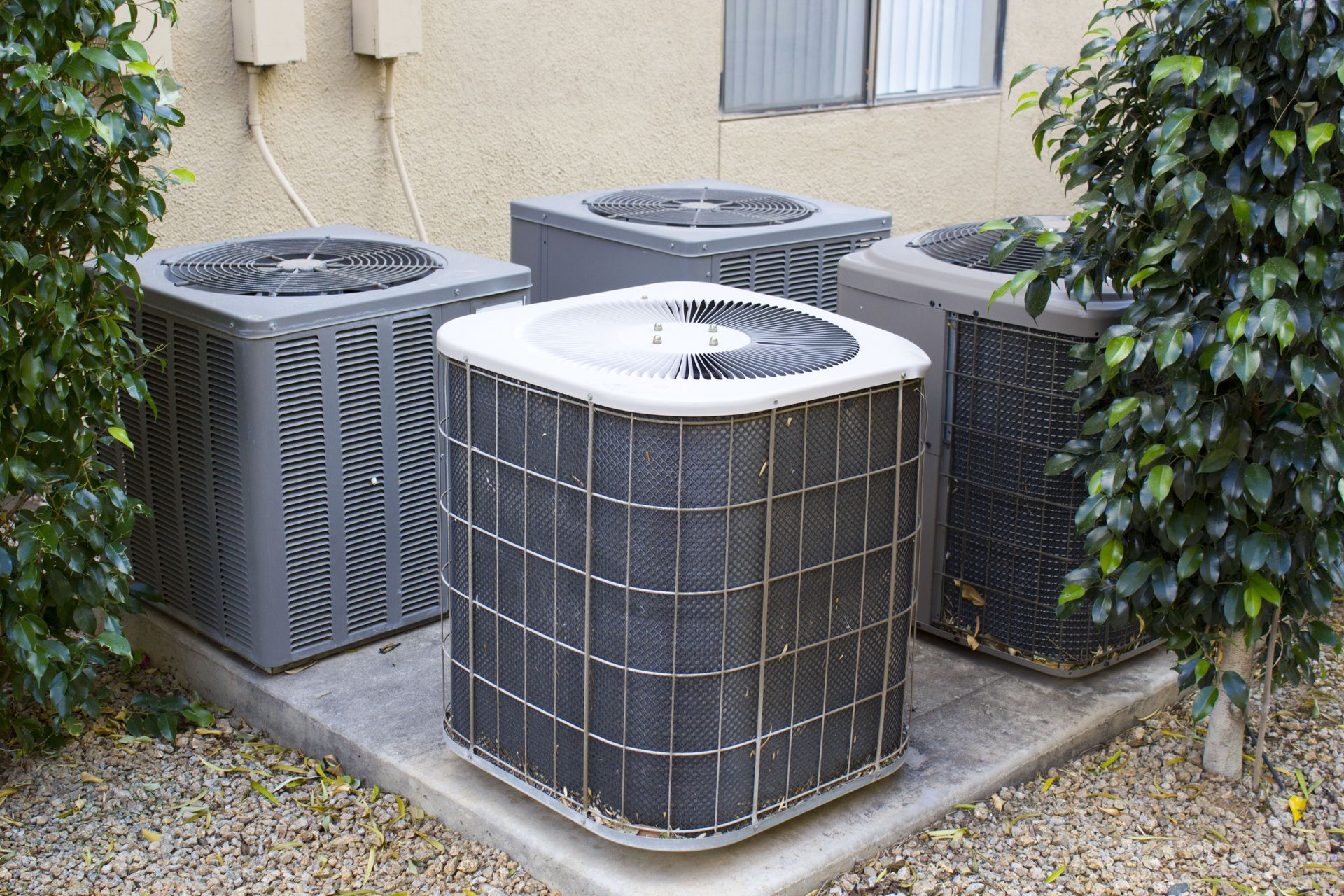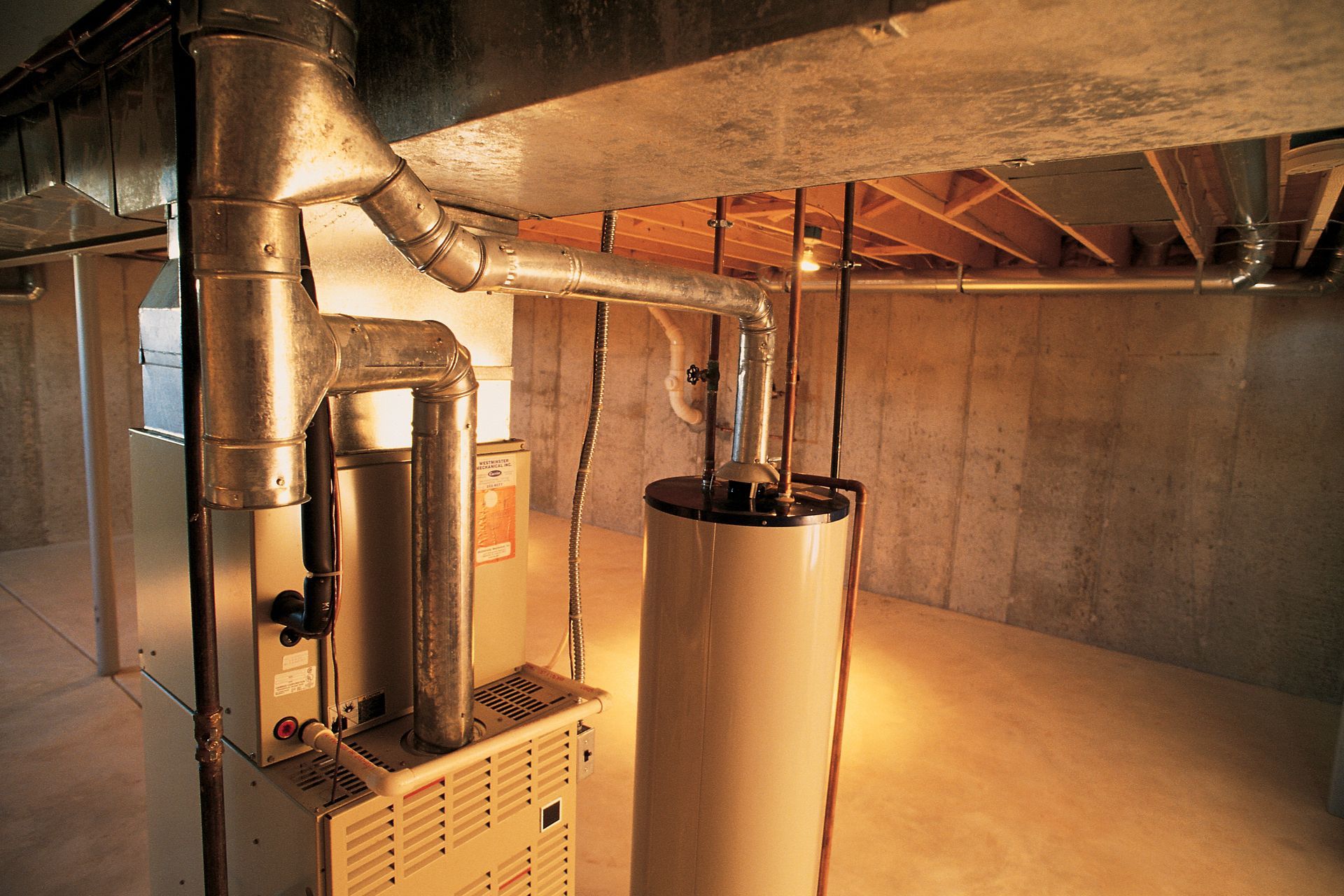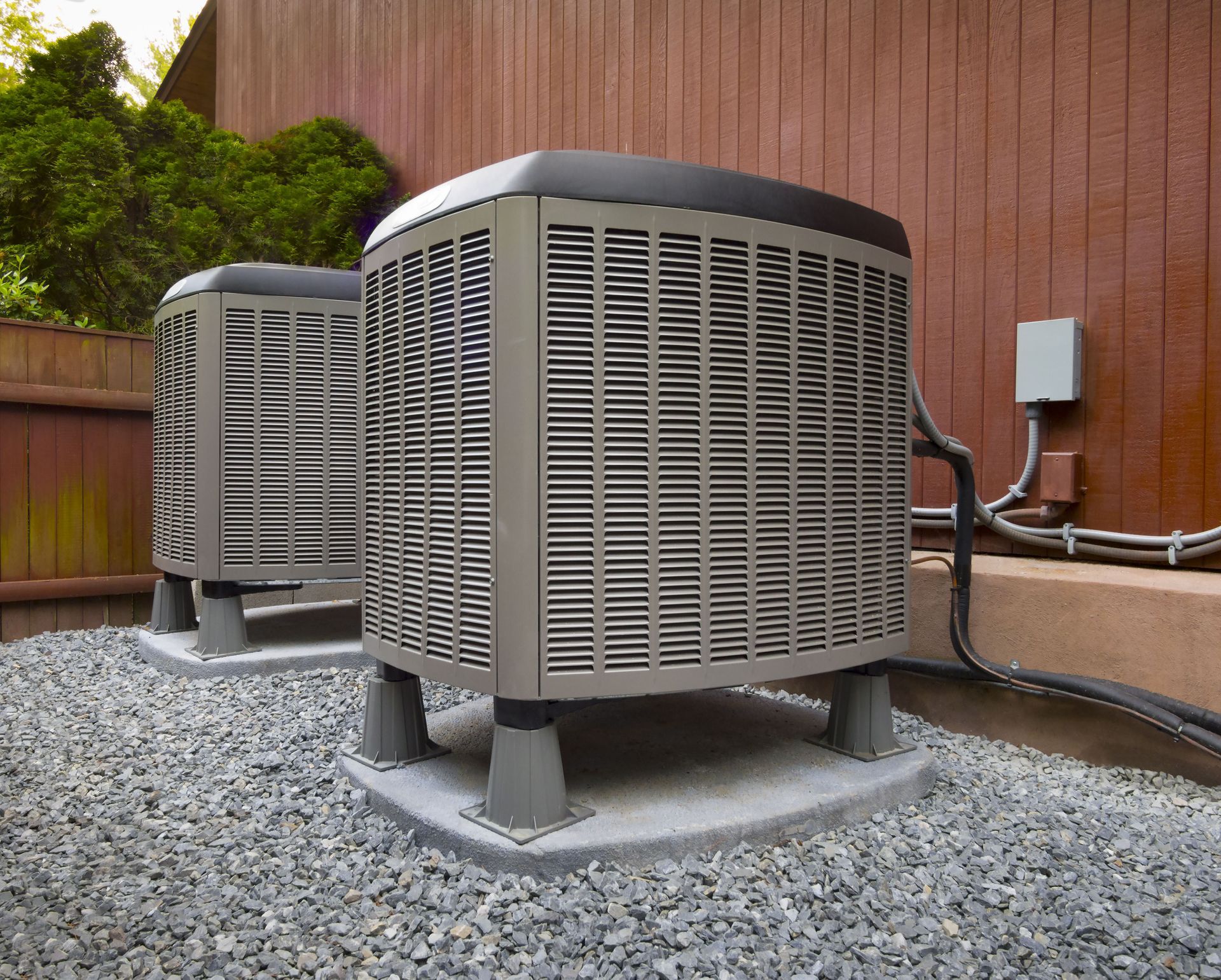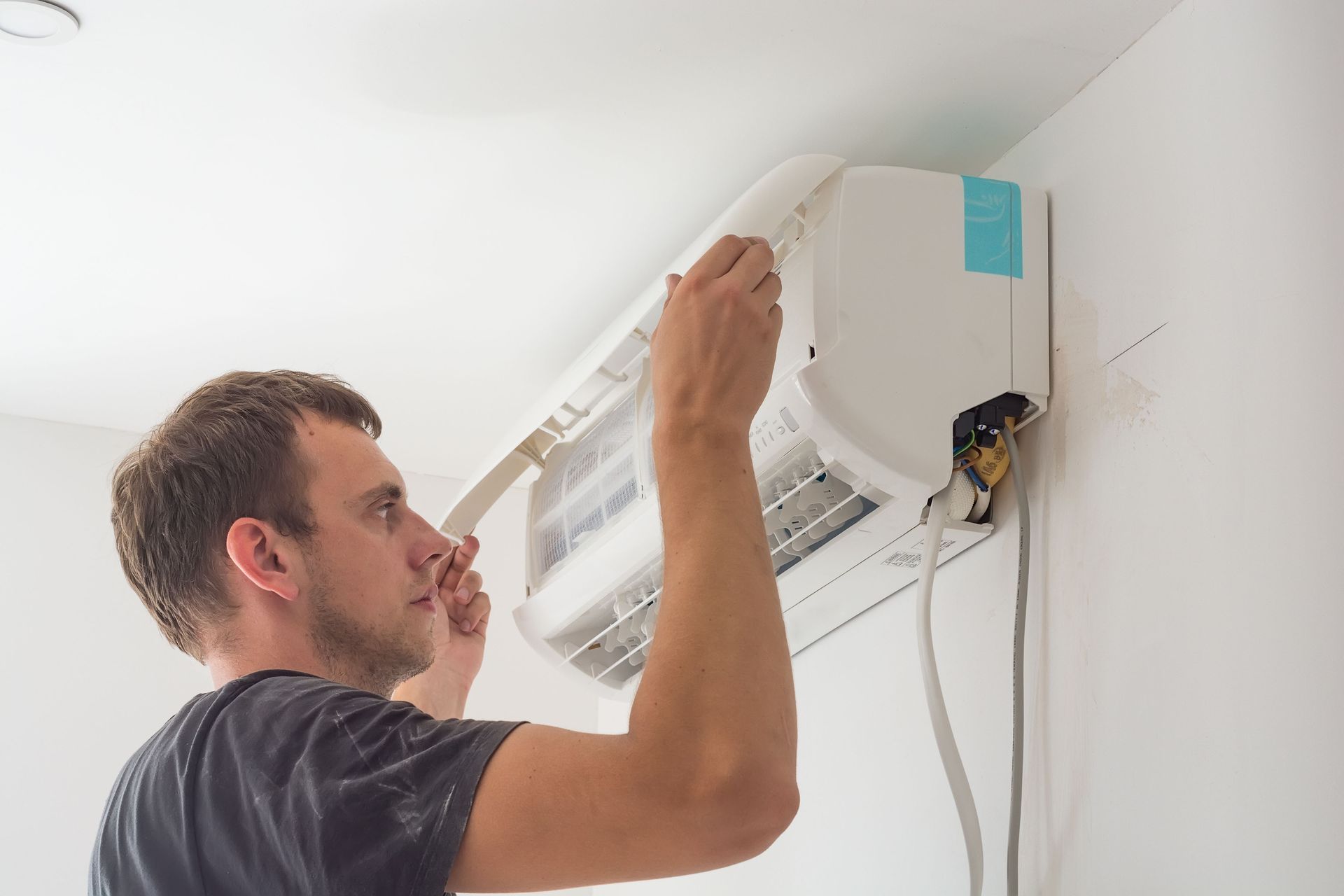Essential HVAC Maintenance Tips to Prolong the Life of Your Unit
When it comes to protecting one of your home's most crucial investments, nothing matters more than timely, attentive residential HVAC service. Extending the lifespan of your unit isn't just about emergency repairs — it's about ongoing care that keeps your system running reliably year after year. This blog explores core strategies to maintain your system's integrity, encourage peak performance, and ensure the long-term comfort of your home.
Maintaining Clean Filters to Prevent System Strain
One of the simplest yet most impactful residential HVAC service habits is keeping your filters clean. When filters become clogged, airflow diminishes, forcing your system to work harder and reducing its efficiency. A heavily strained system is more prone to wear and tear, which can contribute to premature failure. Prioritizing the replacement or cleaning of filters every one to three months—depending on usage and household conditions—ensures your unit breathes freely and runs optimally.
Monitoring Thermostat Settings to Ensure Consistent Performance
Adjusting your thermostat might seem trivial, but it plays a vital role in residential HVAC service strategy. If the thermostat's calibration drifts or settings are inconsistent with occupancy patterns, your unit swings between overworking and underworking. A well-monitored thermostat, programmed for your family's routines, maintains balance, prevents unnecessary cycling, and supports steady operation to preserve longevity.
Inspecting Air Vents to Maintain Balanced Airflow
Airflow distribution is an often overlooked aspect of residential HVAC service, yet it is fundamental to your system's health. Blocked or closed vents force conditioned air to reroute and can create pressure imbalances that overwork your HVAC unit. Ensuring that all vents remain unobstructed and adjusted for even distribution helps your system deliver comfort without added stress.
Scheduling Professional Tune-Ups to Detect Hidden Issues
Routine professional check-ups stand at the heart of residential HVAC service. Enlisting trained technicians to perform regular tune-ups allows early detection of potentially costly issues—such as coolant leaks, failing motors, or dirty coils—before they escalate into major breakdowns. These expert inspections ensure that all components function in harmony, safeguarding efficiency and extending your unit's lifespan.
Cleaning Outdoor Unit to Prevent Overheating
Outdoor components house heat-exchange elements that need free airflow to perform efficiently. Debris, vegetation, or accumulated dirt around your unit can hamper heat dissipation, forcing your system to compensate and increasing operational stress. Keeping the area around the outdoor condenser clean allows your system to release heat effectively, ensuring smoother operation and reducing strain over time.
Lubricating Moving Parts to Minimize Wear
Within the HVAC system, mechanical parts like motors, bearings, and fans constantly move—making lubrication a critical part of residential HVAC service. Dried-out or insufficient lubrication increases friction, accelerates wear, and strains energy use. Regular lubrication not only reduces mechanical resistance but also helps preserve the integrity of moving components for long-term reliability.
Checking Refrigerant Levels to Uphold Efficiency
Correct refrigerant charge is essential for effective heat transfer and system performance. Low or unbalanced refrigerant levels force the unit to run longer and harder to reach desired temperatures, which in turn accelerates component wear. Professional evaluation and adjustment of refrigerant levels are essential residential HVAC service tasks to ensure your unit stays energy-efficient and durable.
Verifying Drainage Systems to Avoid Moisture Damage
Condensate drainage systems are vital but frequently neglected. When drainage lines or pans become clogged, water can overflow, causing internal moisture damage, mold growth, or corrosion—all of which can degrade system parts and indoor air quality. Periodic checks and cleanings of drainage components prevent moisture-related breakdowns and help your unit remain in healthy condition.
Testing Safety Controls to Protect Against Malfunction
Safety features such as limit switches, pressure sensors, and emergency shut-downs are the unsung guardians of your HVAC system. If any of these controls fail unchecked, they can allow unsafe operating conditions that may damage the unit or pose safety risks. Routine testing of safety controls should be part of any comprehensive residential HVAC service regimen to ensure both performance and protection.
Evaluating Ductwork to Preserve System Efficiency
Leaky or poorly insulated ductwork disrupts airflow, undermines your system's ability to deliver consistent comfort, and forces the unit to operate inefficiently. Over time, this hidden inefficiency places unnecessary stress on the HVAC components. A thoughtful residential HVAC service approach includes inspecting, sealing, and insulating ductwork so your system can serve every room effectively while minimizing undue wear.
Conducting Prompt Repairs to Prevent Escalation
Small malfunctions rarely remain small for long. Delays in addressing minor issues like strange noises, slight loss of airflow, or irregular cycling allow problems to grow, often resulting in more serious breakdowns. A responsive residential HVAC service mindset involves timely attention to even subtle symptoms, preserving both system health and value over the long run.
Considering System Age to Plan Strategic Upgrades
All systems eventually reach the end of their most reliable operational phase. As your unit ages, even the most diligent maintenance may be outweighed by the natural degradation of parts or outdated design. Planning ahead—based on system age and performance indicators—allows you to weigh the benefits of investing in a modern, efficient unit versus continued upkeep. According to Today's Homeowners, HVAC replacement costs about $5,000 to $12,500 on average, with higher costs for ductwork and extra features. Your residential HVAC service plan should consider when replacement becomes more cost-effective than constant repair, helping you transition before breakdowns threaten your comfort.
Sustaining Consistent Documentation to Track System Health
Keeping thorough records of service visits, repairs, season-start inspections, and any irregularities empowers you to identify long-term trends. Tracking operational data and service history—like call-outs for cooling in summer or unexpected shutdowns—helps both you and service professionals make informed decisions. This disciplined documentation supports ideal residential HVAC service continuity and gives you clarity about your system's evolving needs.
Choosing Quality Components to Enhance Durability
When emergencies do arise, the parts you choose truly matter. Opting for reputable, long-lasting components—whether filters, capacitors, or motors—may cost more upfront, but these investments pay off through extended operating cycles and fewer premature failures. For sustained value, a residential HVAC service philosophy includes favoring top-quality replacements over budget or generic options.
Reinforcing Home Sealing to Support System Efficiency
Your HVAC unit doesn't operate in a vacuum—it works hard to condition the air within your living space. Weaknesses in attic insulation, door drafts, or leaky windows make that work more taxing. Improving home envelope tightness helps your HVAC unit maintain comfortable conditions with less effort, contributing to enhanced efficiency and prolonged system health. Incorporating this into your overall residential HVAC service regimen delivers benefits beyond just the equipment itself.
Embracing Energy-Saving Upgrades to Reduce Load
As technology advances, upgrades such as smart thermostats, zoned controls, or variable-speed motors offer opportunities to lighten the load on your system—especially during peak use. These energy-saving improvements help your residential HVAC service plan evolve with the times, increasing comfort, reducing utility bills, and extending the operational life of the unit.
Putting It All Together for Lifelong Comfort
Extending the lifespan of your HVAC unit isn't the result of a single act—it's the product of thoughtful, ongoing residential HVAC service. From clean filters and thermostat checks to professional tune-ups and strategic upgrades, each maintenance action strengthens system health and preserves your comfort. Whether you're evaluating repairs, planning system enhancements, or contemplating replacement, grounding your decisions in consistent care ensures every season is safe, efficient, and worry-free.
Maintaining your HVAC system with intentional residential HVAC service practices not only safeguards your investment — it keeps your home comfortable and your energy costs in check. Trust the pattern of proactive maintenance and thoughtful upgrade planning to reward you with dependable performance and extended system life. If you're looking for a residential HVAC service, don't hesitate to contact Kimbro Air today.





Share On: